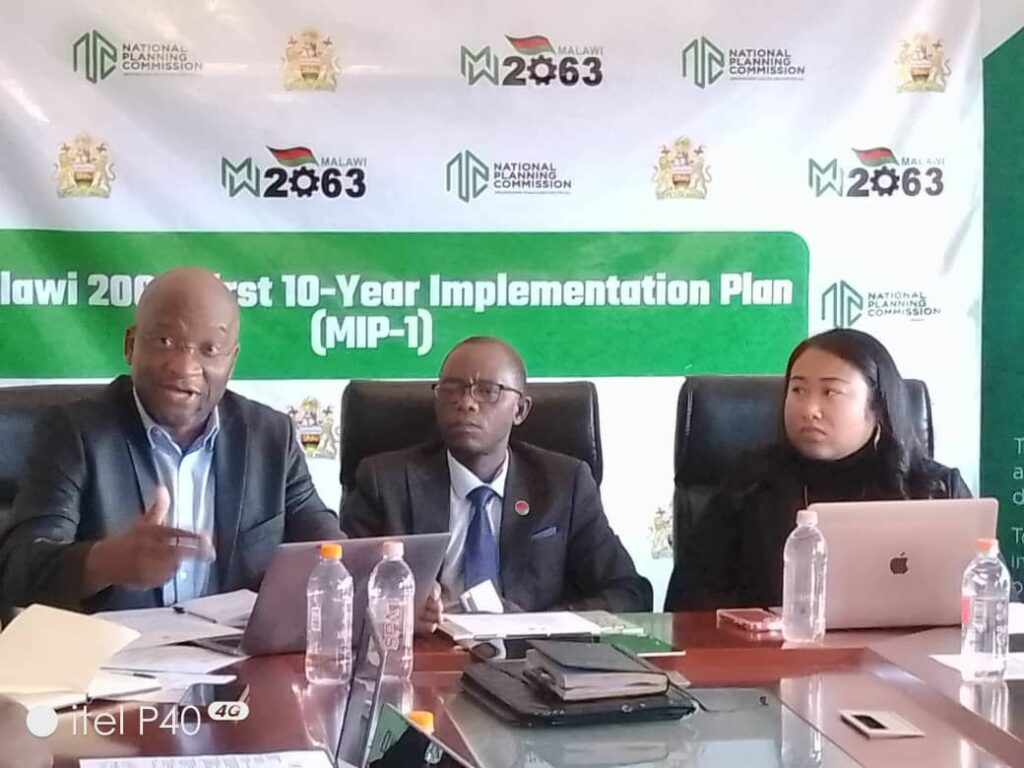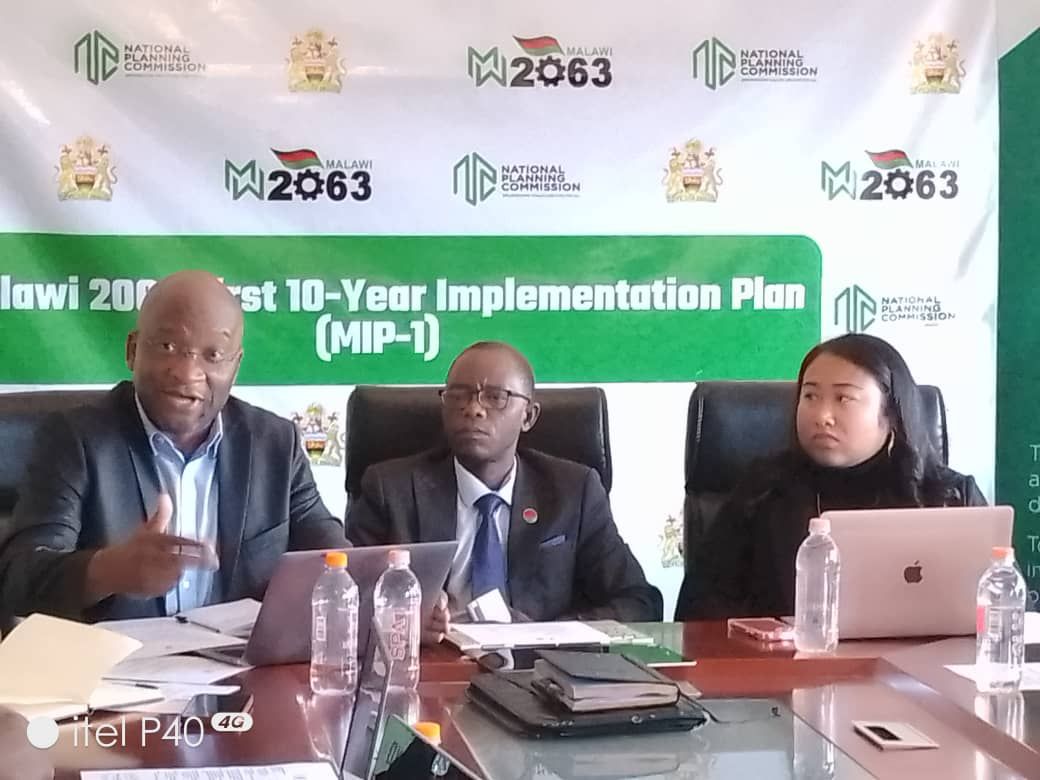By Dean Chisambo
Food Agriculture Natural Resources Pan African Network (FANRPAN) in collaboration with Civil Society Agriculture Network (CISANET) are expecting to hold regional agriculture policy dialogue after 16 years break, which will commence on 6th to 9th August 2024 in Lilongwe.
Speaking during the media briefing on Friday in Lilongwe FANRPAN director of business development Francis Hale said they acknowledge the success that they learnt from Malawi through the outstanding leadership of late Bingu Wa Muntharika’s agriculture subsidy Programme known as Fertilizer Subsidy Programme (FISP)which transform Malawi’s agriculture.

Hale mentioned that Malawi is been a place of learning and they are still learning some of the policies that have been crafted which are on the books expected to be implemented.
He said: ” the results of those policies may not yet be on the ground and there are a lot of learning interms of setting policy framework, because as a dvocancy network we do believe that policy is formed on the basis from the foundation for institution inorder to bring change.
” So we have observed some of the policies and those are lessons that we are picking out from Malawi and taken them to other countries.”
Hale disclosed that the whole region are experiencing challenges because they are in the middle of El-Nino especially in Malawi, Zambia and Zimbabwe which resulted food and nutritional security saying it doesn’t mean that policies that are being implemented are positive.
He lamented that Malawi’s policies need to be uploaded, picked and taken across the region as it was in 2008 where FISP were picked by Zambia followed by Zimbabwe which they were able to impact the livelihoods of their smallholder farmers after learning it from Malawi.
In his remarks principal secretary responsible for Irrigation in the ministry of Agriculture Geoffrey Mamba said the conference will give opportunity to the stakeholders more especially those are working in civil societies to look at the policies which the government is coming up with hence the country have several policies.
He said:” we have the agriculture, irrigation, land resources and fisheries policy. So in this context the gathering will look at how those policies have been formulated, implemented and the challenges that are also affect the same, and in that way they will come up with the recommendations which will improve the policy on it’s part of formulation, implementation as well as when it comes to the evaluation of impact on the same policies.”
Mamba further described that their ministry is implementing the number of programmes to make sure that the country have food security such as: Affordable Input Programme (AIP), translating promoting substance farming to commercial farming and promotion of commercial farming into mega farm unit saying it is need for a mindset change among farmers on agricultural productivity and commercialization in line with Malawi 2063 agenda.
He later said that for the country to produce high yields like five tonne per hector government has put some initiatives interms of policy like promotion of both organic and inorganic fertilizer, the issue of liming the soil to reduce the acidity hence the records shows that 40 percent of malawi soil is sick because it have high Power Hydrogen (PH).
Mamba added that they are also promoting diversification of the agricultural produce saying they do not want the soil to depend on maize only as a staple food inorder have totality of agriculture produce.
On his part National Planning Commission (NPC) Director for policy and communication Dr Andrew Jamali said the dialogue in regards to production and food system transformation is quite pivotal engagement in line with Malawi 2063 agenda.
He said Malawi is really implementing set of programmes under pillar one of the vision which is agriculture productivity and commercialization which need to push through the food system and food season transformation space.
FANRPAN is an African body which advocate agricultural policy transformation and the policy dialogue conference is expected to be presiding over by the Minister of Agriculture Hon. Samuel Kawale and it will bring together international participants, regional bodies and local delegates especially the civil societies organisations and they had similar event in 2008 .



